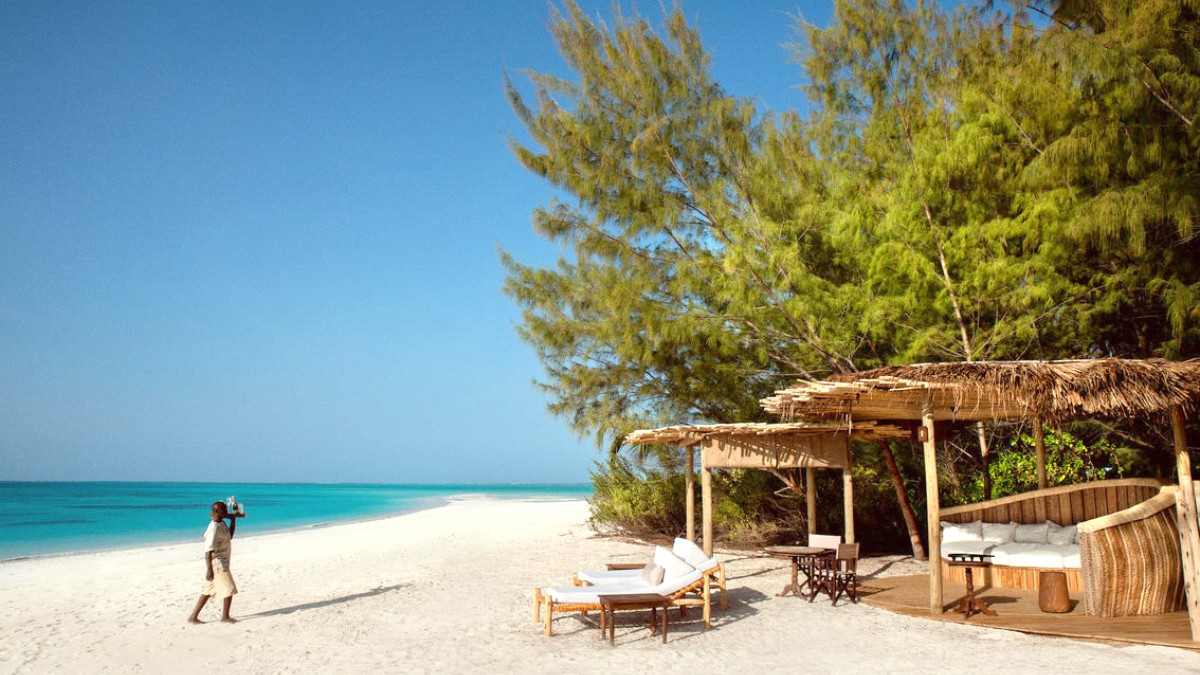
Tanzania
Protected area for coral reefs, fish diversity, and sea turtles. Visitors contribute through fees.
Community-led conservation for endemic Pemba flying foxes. Your visit supports this local initiative.
Freshwater resources can be limited. Resorts use desalinated water or wells. Mindful water usage is important.
Waste management on Pemba is a challenge. Recycling is limited.
Minimize plastic waste. Use a reusable water bottle from filtered sources. Avoid single-use plastics like bags or straws.
Consider contributing to carbon offset programs for flights. Many airlines or independent platforms offer options for renewable energy or reforestation projects.
Some resorts and dive centers emphasize eco-friendly practices. Look for clear sustainability policies.
Choose operators who support marine conservation or employ local staff. This minimizes environmental footprint.
Supports conservation. Purchase items to aid their efforts.
Visit The Rainforest SiteProtect Pemba’s environment. Minimize waste, conserve water, and consider carbon offsets. Choose eco-friendly accommodations and ethical tour operators. Support brands like Patagonia and The Rainforest Site for sustainable choices.
The island’s predominantly Muslim culture shapes daily life.
Respect people's privacy. Do not photograph children without explicit parental permission. Be sensitive when photographing religious sites or private residences.
Dress modestly outside resorts. Ask permission for photos. Learn Swahili phrases. Be patient and polite. Bargain respectfully.
Dress modestly (headscarf for women, long trousers for men) when visiting mosques. Remove shoes. Do not visit during prayer times. Maintain silence.
Your travel choices impact Pemba Island. Responsible economic engagement benefits islanders directly.
Support initiatives like Kidike Flying Fox Sanctuary, where tourist fees directly local communities.
Buy spices, crafts, and souvenirs directly from local markets and artisans. Bargain fairly.
Eat at local "hotelis", use local taxi drivers or guides.
Avoid activities that might exploit children, animals, or local resources. Do not participate in anything unethical. Be cautious of "orphanages" or "schools" asking for direct donations. Research reputable local NGOs if you wish to contribute.
Your travel choices impact the economy. Support community-based tourism, buy local, and choose ethical businesses for the benefit of islanders directly.